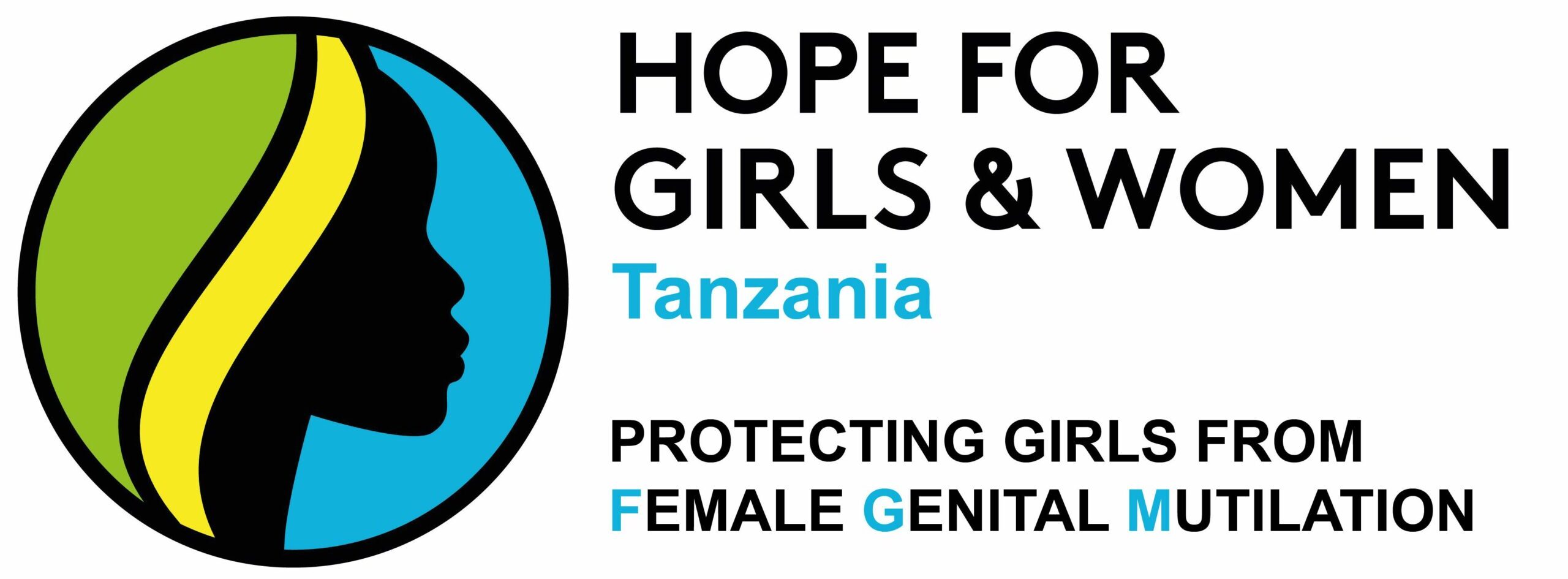Persuading cutters, or Ngaribas, to stop the practice is an important part of the fight against FGM.
Ngaribas are appointed by the village leaders. Families pay them approximately $15 to cut one girl, $5 dollars of this is given to the village leaders. These are large amounts of money to subsistence farmers in the villages of Mara.
One reason girls are cut is because cut girls fetch between 10 and 12 cows when they are married, but uncut girls fetch only 4 to 6 cows for their family. As each cow is worth around $100 this is significant for families living in extreme poverty.
Hope’s outreach work on the effects of FGM and through roadshows, traditional dance festivals, village community forums, and film screenings is beginning to pay off. We have managed to change many people’s attitudes and stop the tradition of Female Genital Mutilation in many families in the villages.
Particularly importantly we have managed to persuade 6 cutters to ceremonially destroy their tools and stop cutting girls. These cutters are now helping girls not to be cut in their communities by helping them reach the safe house and providing anti-FGM education to the community.
This is a brave step for these women, and not always supported by their family or husband, who miss the income and status their role brought. Hope has worked with them, educating them on how to start alternative small businesses selling cereals in the market, and provided them with capital of £220 to do this.
We know of 40 cutters who are still operating, who we still need to persuade to drop their tools. But we salute the following women who have stopped cutting:
- Muhabe Marwa a former cutter from Matare village – read her story here
- Christina Marwa a former cutter from Kitarungu village – Nyahende Sub village
- Rhobi Kereryo Gichama a former cutter from Merenga – read her story here
- Bhoke Mwita a former cutter from Nyansurura
